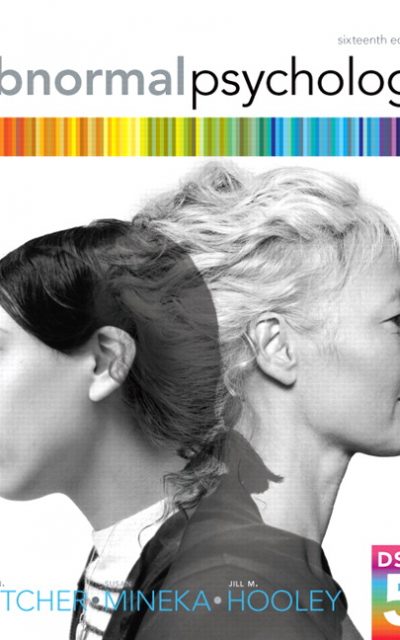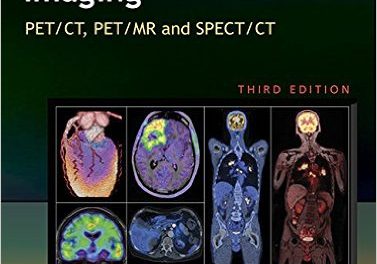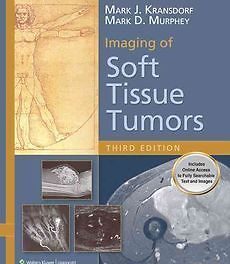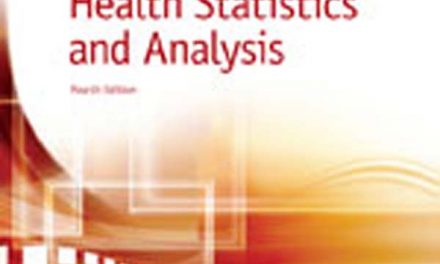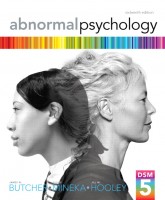 Authors: James N. Butcher, Jill M. Hooley, and Susan Mineka
Authors: James N. Butcher, Jill M. Hooley, and Susan Mineka
Publisher: Pearson (www.pearsonhighered.com) – 764 pages
Book Review by: Nano Khilnani
This book – Abnormal Psychology – has long been considered the most comprehensive undergraduate text in its field. Since the first edition was written many years ago by James Coleman, it has undergone many changes. This sixteenth edition is better than ever, and we indicate some of the improvements with a list of new features below.
What is contained in this book? Immediately below for you is a bird’s eye view, naming the titles of its 17 chapters:
- Abnormal Psychology: An Overview
- Historical and Contemporary Views of Abnormal Behavior
- Causal Factors and Viewpoints
- Clinical Assessment and Diagnosis
- Stress and Physical and Mental Health
- Panic, Anxiety, Obsessions, and Their Disorders
- Mood Disorders and Suicide
- Somatic Symptom and Dissociative Disorders
- Eating Disorders and Obesity
- Personality Disorders
- Substance-Related Disorders
- Sexual Variants, Abuse and Dysfunctions
- Schizophrenia and Other Psychotic Disorders
- Neurocognitive Disorders
- Disorders of Childhood and Adolescence
- Therapy
- Contemporary and Legal Issues in Abnormal Psychology
This current edition has some new features:
- The most up-to-date and in-depth information about biological influences on the entire spectrum of behavioral abnormalities
- Changes in the classification of mental disorders as published in DSM-5 published in May 2013
- Detailed tables showing current DSM-5 diagnostic criteria for all the disorders covered in the book (look at list above).
- Boxes on most important changes in DSM-5: including: a) attention-deficit hyperactivity disorder; b) binge-eating disorder; c) premenstrual dysphoric disorder
- Boxes providing opportunities for critical thinking by illustrating some controversies related to changes that were (or were not) made in DSM-5.
- New references and new research findings, in highlighted form
- Learning Objectives at the beginning of each chapter which provide you the reader an overview of topics and issues, plus questions included. At end of chapter a summary of answers to those questions. Plus, In-Review Questions at end of major sections within chapters provide more opportunities for self-assessment and increased learning.
Within the chapters, you will also find the following features: developments in research; developments in thinking; developments in practice; the world around us; unresolved issues; DSM-5 boxes; and thinking critically – all to help you learn more effectively and in shorter time, the material presented.
The chapters also provide you: Case Studies, Research Close-Up Terms, Chapter Summaries, and Key Terms.
There are many supplements available for users of this book. One of the most important ones is MYPsychLab® which is an online homework, tutorial and assessment program than engages students in learning. It can help you better prepare for class, quizzes, and exams – resulting in better performance in the course. It provides educators a dynamic set of tools for gauging individual and class performance. Use ISBN 0205965091 to order the 16th edition with MyPsychLab.
The other supplemental items available are: Speaking Out – Interviews with People Who Struggle with Psychological Disorders; Instructor’s Manual; Test Bank; MyTest; Lecture PowerPoint Slides; and CourseSmart.
The three authors of this book – the highly qualified and experienced psychologists Drs. James N. Butcher, Jill M. Hooley, and Susan Mineka – have done an outstanding job of compiling, organizing, analyzing, and presenting the voluminous amount of material to make this an extremely valuable (therefore popular) book.
Authors:
James N. Butcher, PhD, a Professor Emeritus in psychology at the University of Minnesota, has published 60 books and more than 250 articles in the fields of abnormal psychology, cross-cultural psychology, and personality assessment. After military service he obtained his bachelor’s degree in psychology in 1960 from Guilford College in Greensbro. He then received an MA in experimental psychology in 1962 and a PhD in clinical psychology from the University of North Carolina in Chapel Hill. He was associate director and director of the clinical psychology program at the University of Minnesota for 19 years. He was formerly the editor of Psychological Assessment, a journal of the American Psychological Association (APA) and serves as consulting editor or reviewer for many other journals.
Jill L. Hooley, PhD is a professor of psychology at Harvard University. She also serves as the head of the experimental psychopathology and clinical psychology program at Harvard. Born in England, she received a BSc. in psychology from the University of Liverpool, followed by research work at Cambridge University. She then attended Magdalen College in Oxford and received her D.Phil. degree from there. After a move to the United States and further training in clinical psychology at SUNY Stonybrook, Dr. Hooley took a position at Harvard, where she has been a faculty member since 1985. She has a longstanding interest in psychosocial predictors of psychiatric response in patients with severe psychopathology such as schizophrenia and depression. In 2000, Dr. Hooley received the Aaron T. Beck Award for Excellence in Psychopathology Research.
Susan Mineka, PhD has been a professor of psychology at Northwestern University since 1987, and from 1998 to 2006, she was director of clinical training there. Dr. Mineka received her undergraduate degree in psychology magna cum laude from Cornell University and her PhD in experimental psychology from the University of Pennsylvania. She previously taught at the University of Wisconsin – Madison and at the University of Texas at Austin. She has taught a wide range of courses at the undergraduate and graduate levels including abnormal psychology, cognitive-behavior therapy, introductory psychology, learning, and motivation. Her current interests include cognitive and behavioral approaches to understanding the etiology, maintenance, and treatment of anxiety and mood disorders.

